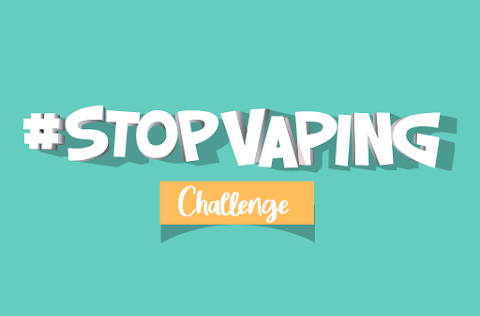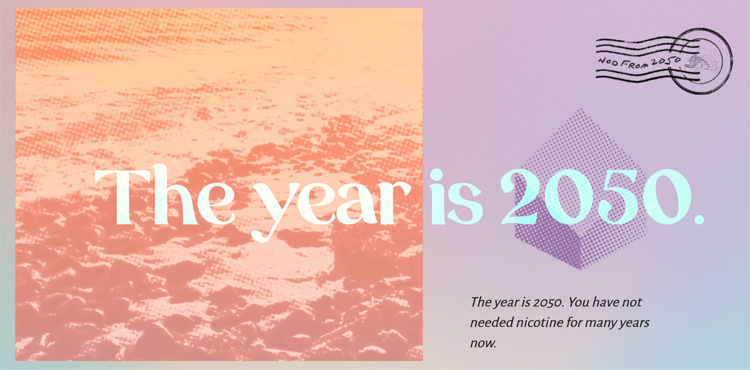Abstract
Background: The province of Ontario, Canada implemented a ban on menthol in all forms of tobacco products that came into effect January 1st, 2017. This presentation examines changes in behaviour among a cohort of menthol smokers as part of the first evaluation of a real world menthol ban.
Methods: 1003 past year menthol smokers (16+, living in Ontario) were surveyed by telephone (n=329) or online (n=674) between September and December 2016. Participants were re-contacted in February 2017. Logistic regressions, adjusted for demographic and smoking characteristics, were used to assess characteristics of participants who reported post ban a) past month menthol cigarette use, b) use of alternative tobacco or flavoured products after the ban, or c) quit attempts. A pack purchase of menthol and menthol replacement products was conducted.
Results: At follow up after the ban, 33% (95% CI: 30%, 37%) reported smoking a menthol cigarette, while 39% (95% CI: 36%, 43%) were using an alternative tobacco or flavoured product, and 42% (95% CI: 39%, 46%) had either made a quit attempt or had quit smoking. Predictors of smoking menthol after the ban included regularity of use before the ban and lack of support for the ban. Following the ban, participants were more likely to expect to quit because of the ban, and less likely to expect to use other tobacco or nicotine products as substitutes, than they were before the ban. Menthol replacement packs were found using a variety of different strategies including blue or green colouring, "choice" filters, and non menthol capsule.
Conclusions: Short term effects of the menthol ban suggest that the ban encouraged significant quitting behaviour as well as attempts by smokers to seek out other sources of menthol or alternative substitutes.
Date: March 2018
Type of Publication: Journal Article


 Download directly from your phone’s app store, or through the following links:
Download directly from your phone’s app store, or through the following links: 




